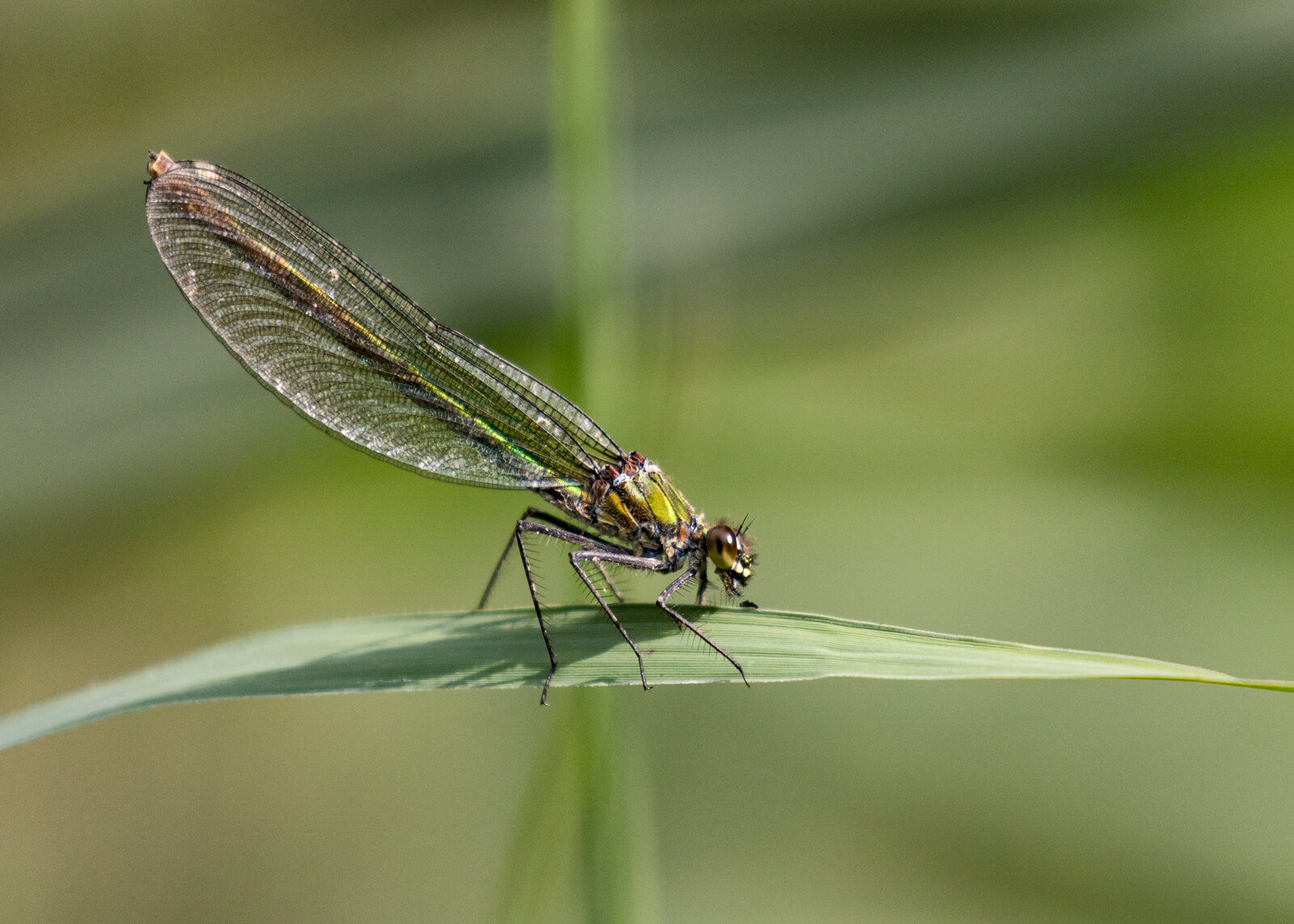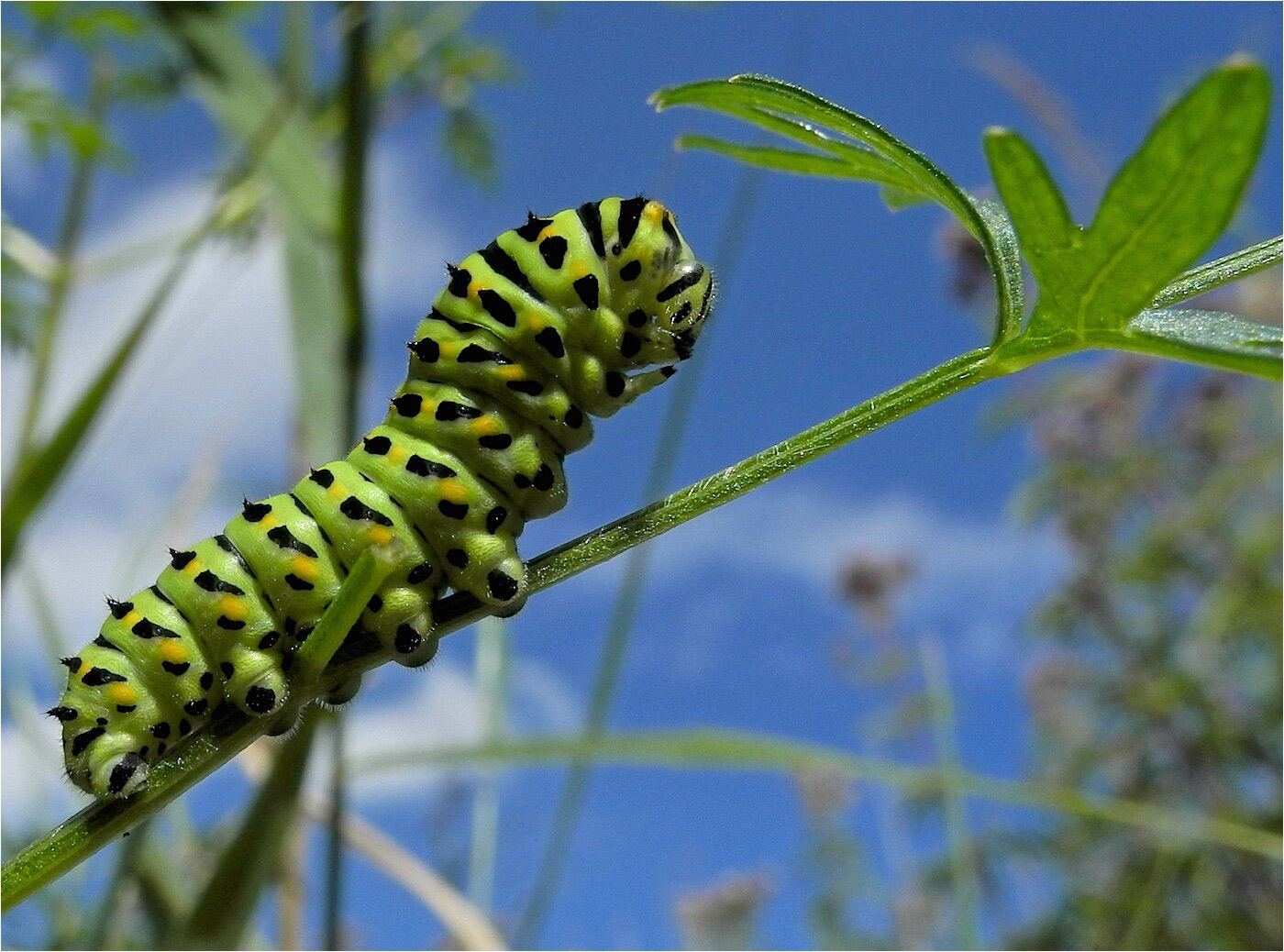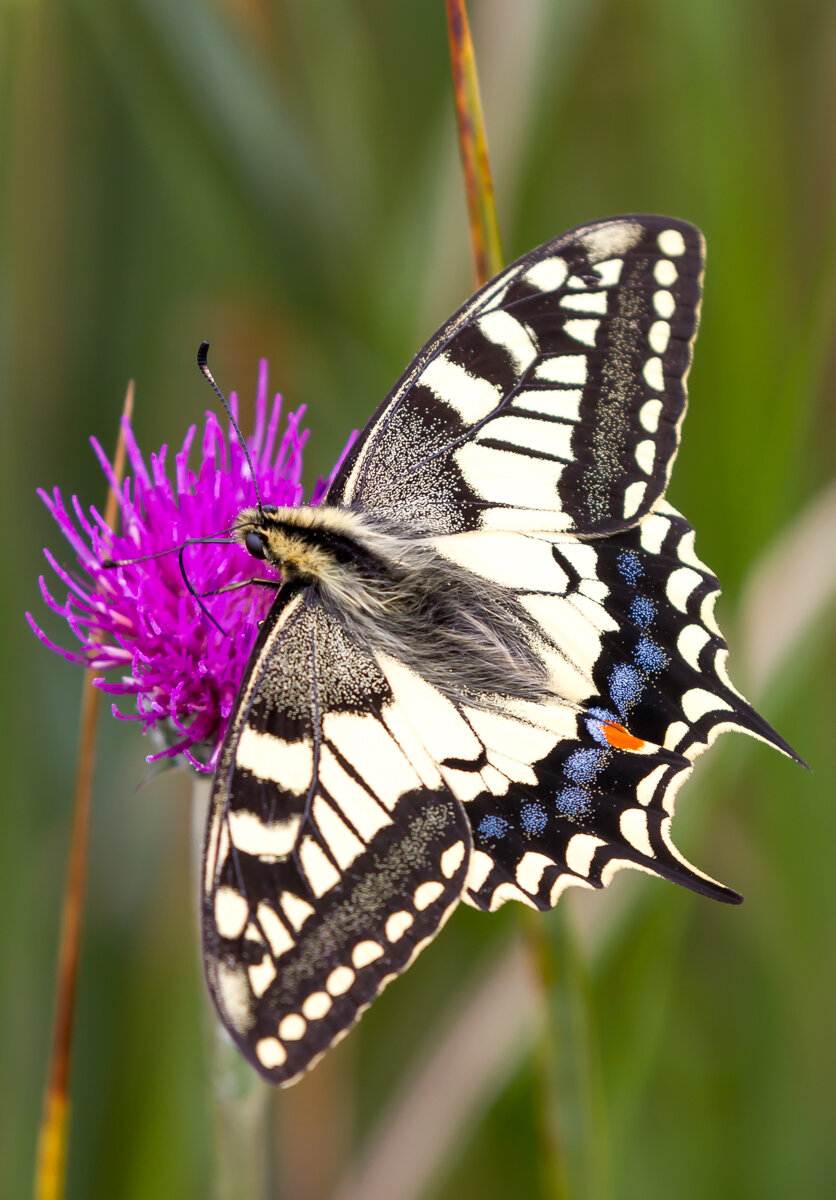Once the home to the highly respected naturalist Ted Ellis, Wheatfen ia a particuarly important reserve and probably the most studied area of fenland in the whole world. Ted Ellis and all his helpers management of the land and careful work of generations that came after them has guaranteed that Wheatfen is as special now as it was 70 years ago.
While all sorts of birds, butterfies and other insects can be found at Wheatfen there are some notable ‘star players’.
Norfolk Hawker dragonfly can be seen late May, June And July Found in the fens and ditches at Wheatfen.
Swallowtail Butterfly is the UK’s largest and rarest butterfly and only found in and around the Norfolk Broads. There is a very good chance of seeing a Swallowtail during the months of July and August at Wheatfen Reserve.
Marsh Harrier magnificent birds, who’s numbers at one time was dramatically dwindling and East Anglia was the last stronghold of this impressive harrier. Thankfully they have bounced back and they are frequent sight at Wheatfen.
Plenty of areas to explore for example the wooded area at Wheatfen is the home of many smaller woodland birds and some ancient oaks planted around 1815.
For a small donation the warden at Wheatfen will give our group a short tour of the best spots on the reserve at this time of year.
General admission to the reserve is FREE - Meet in the car park for 10:00am start.



The route
Nature trails and boardwalks criss-cross the nature reserve, giving you a variety of routes to choose from. The most popular walk at the Ted Ellis Nature Reserve begins in the car park. From there, it meanders through woodlands to the banks of the River Yare before turning back towards Wheatfen Broad and Surlingham Wood.
In the summer months, extra paths are available in the reserve. These will take you even deeper into the heart of this ancient countryside and help you to get a deeper appreciation of the landscape.
Difficulty
Most of the paths within the Ted Ellis Nature reserve are flat and easy to navigate. However, some routes can become waterlogged, especially in the winter months or after periods of prolonged rain.
Points of interest
There are lots of things to see as you explore the beautiful Ted Ellis Nature Reserve. One of the first buildings you will see when you park up at the reserve is Wheatfen Cottage. Built as a pair of marshmen’s cottages, it’s been the home of the Ellis family since 1946.
The next point of interest you will come to is Old Mill Marsh. A traditionally cut litter fen, the fodder it produced was sent to London for cab horses until 1918. The marsh is incredibly rich in wildlife and is a great place to spot local plants and animals. If the summer path is open when you visit, you will be able to walk along the Eleven Bridges path. This tidal dyke brings water on and off Old Mill Marsh via a series of foot drains. Before returning to the car park you will also be able to enjoy views over Wheatfen Broad and Deep Waters
Facilities
There are very few facilities on offer at the Ted Ellis Nature Reserve itself. However, you will find a number of amenities in the surrounding area in the nearby village of Surlingham and just a couple of miles down the road in Rockland St Mary.
About Ted Ellis
Ted Ellis (1909-1986) was a writer and broadcaster who was one of the most-well known and respected naturalists in East Anglia and beyond.
Born in Guernsey of Norfolk parents who returned to Great Yarmouth in 1920, he was the Keeper of Natural History at the Castle Museum in Norwich from 1928-1956 and for forty years he lived with his family at Wheatfen Broad, Surlingham in a remote cottage amongst 130 acres of woodland and fen. Visit the East Anglian Film Archive and watch this 1976 clip to learn more about Ted.
Although he was a naturalist with a national reputation and his research was highly respected by the academic world, he was a man who had the ability to communicate his enthusiasm to everyone.
Ted sadly died in 1986, leaving not only a legacy of natural records and fascinating articles, but living proof that being inspired by nature is one of the most wonderful things we can experience.
Such a man deserves to be remembered, and so the Ted Ellis Trust was founded to do just that by preserving Wheatfen, the nature reserve and Site of Special Scientific Interest that Ted spent so much time in throughout his life.
